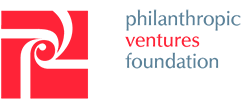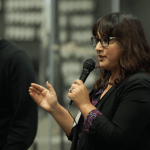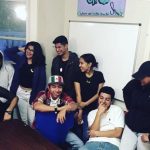Visibility to an Invisible Indigenous Community: An Interview with a Bay Area Inspire Awards Awardee
At the start of 2016, Philanthropic Ventures Foundation (PVF) awarded grants to eight young Bay Area residents with fresh ideas for building better communities. These awards were made possible through the Bay Area Inspire Awards, which provides $10,000 grants to 18-30 year olds living in San Francisco, Alameda, and San Mateo Counties. Below is an interview with one of these awardees, Linda Sanchez, who used her award to form a cooperative of indigenous Mam (Guatemalan) women to create and sell ethically-made and indigenous-influenced apparel.
PVF: Tell us about your project. What inspired you to launch it?
Linda: My idea was inspired by the strong and resilient indigenous Mam community residing in Oakland, CA. In my interactions with them, I learned that many did not have access to a formal education, and thus lacked the skills to read or write and speak Spanish. This led them to take on extremely low-paying jobs and often to struggle to afford basic necessities once in the United States. Yet, despite these shortcomings, these womyn were resilient, bright, and extremely creative. This inspired me to launch Fuerza Indigena, an indigenous womyn-led co-op where they could use their already known artisan skills to create high quality eco-apparel for modern womyn. At Fuerza Indigena, we have adopted a socially responsible mission to provide high quality entrepreneurial training and culturally competent mentoring so that indigenous women have a pathway to the growing green economy and can sell and profit from their own creations. The rich indigenous culture, the fight to stop making invisible and historicizing indigenous people, and the desire to put forth the struggles they face as immigrants in this country, overall, propelled me to found Fuerza Indigena.
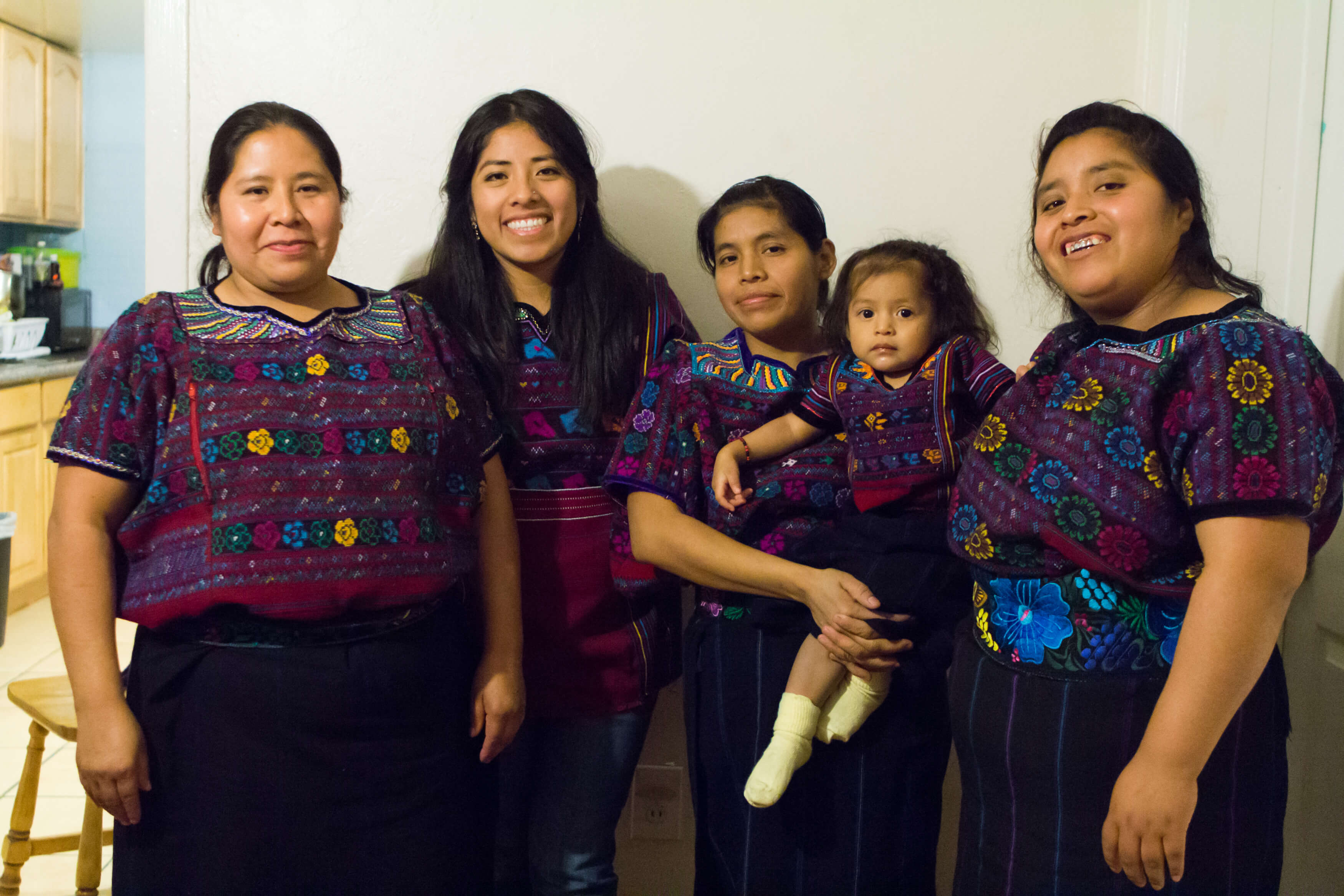
PVF: Tell us about some of your project accomplishments to date.
Linda: To date, the first cohort has graduated from a six-month training program designed around their needs and skills. The cohort of five also participated in Prospera’s co-op development training program. For indigenous womyn, who oftentimes do not branch out of their immediate community, this was a huge win as they pushed themselves outside of their comfort zone, and despite the language barrier and clear cultural differences, pushed for Latino immigrant spaces to reconsider what it truly means to support their immigrant population who are also indigenous.
As a young aspiring entrepreneur of color, it was extremely challenging navigating spaces that were predominantly white and lacked the capacity to connect with me or my womyn. For this reason, finding a maker-space to call home was extremely difficult. Luckily, Youth Impact Hub, an Oakland based non-profit, stepped up to support our mission and vision by providing Fuerza Indigena a small maker-space we can call home.
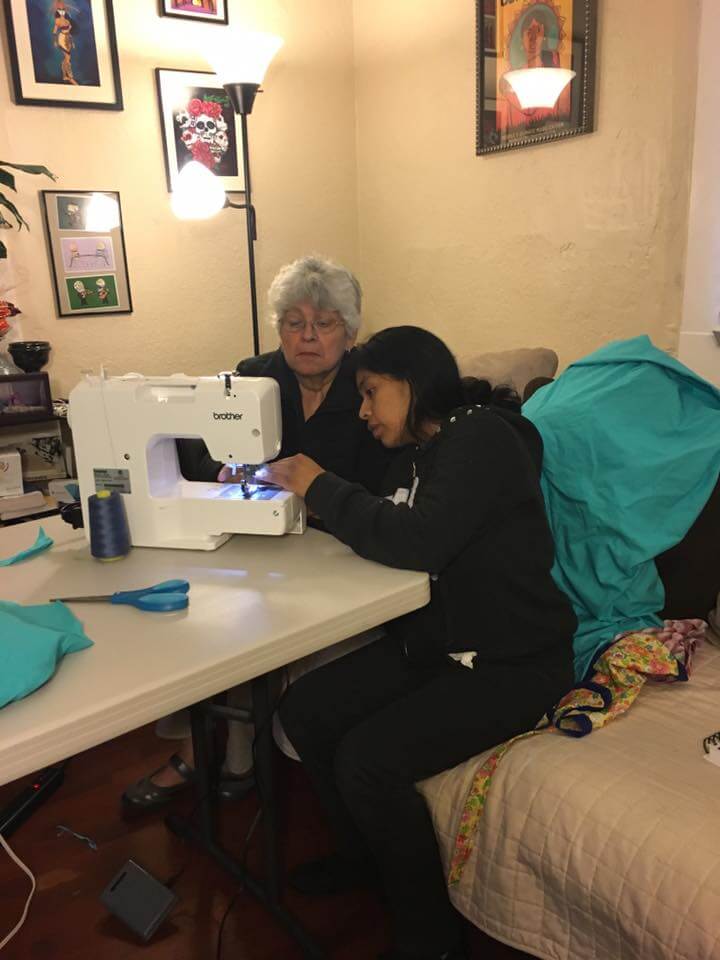
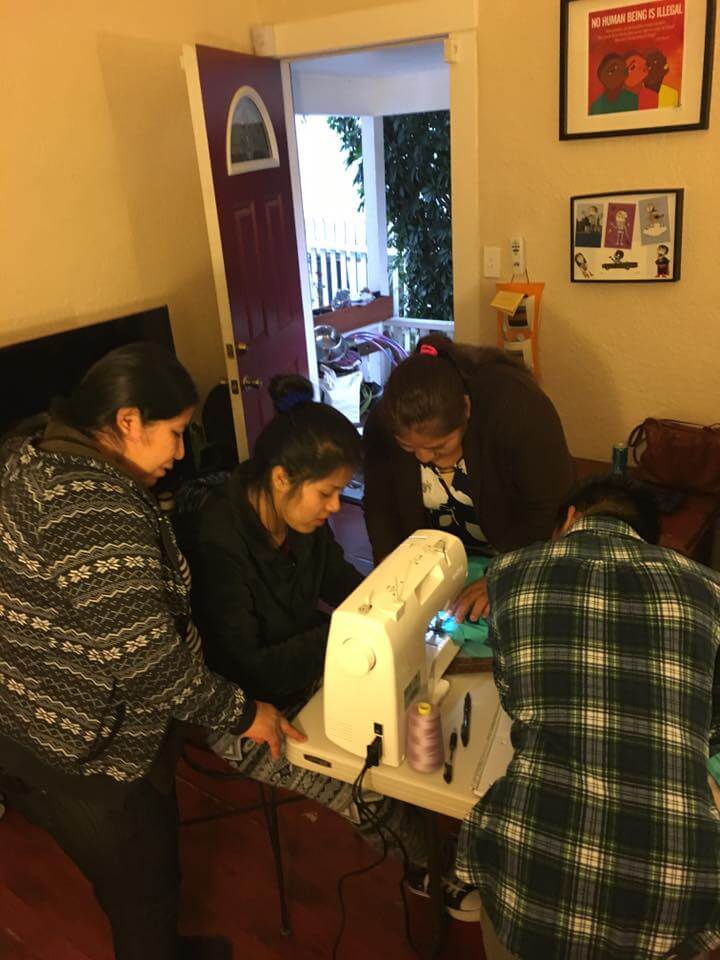
PVF: What are the next steps for your project?
Linda: Early in August, as my cohort was commencing their first line of apparel, I was diagnosed with ovarian cancer, and the key womyn leader and translator was diagnosed with diabetes. This led us to make a collective decision of putting Fuerza Indigena to rest while we worked on regaining our health. A few months have passed, and despite still struggling with these health conditions, Fuerza Indigena will resume its activities in the first week of May 2017. We aim to recruit a few more indigenous womyn and hope to add a youth component as our indigenous youth are the key to preserving and sustaining future generations of indigenous culture and pride.
PVF: What is your hope with how this project will create change in the community?
Linda: Given Oakland’s changing demographics and increased living expenses, I hope that my project will give visibility to a population that is often invisibilized and alienated. Through our efforts to get access to resources, we experienced a lack of support for indigenous, non-Spanish speaking Guatemalans despite the existing established networks to support the overall Latino community. Through this, I want to give a sense of identity and belonging to the growing indigenous Guatemalan population in Oakland and hopefully, in the near future, create collaborations to expand to the central valley and LA metropolitan area.
